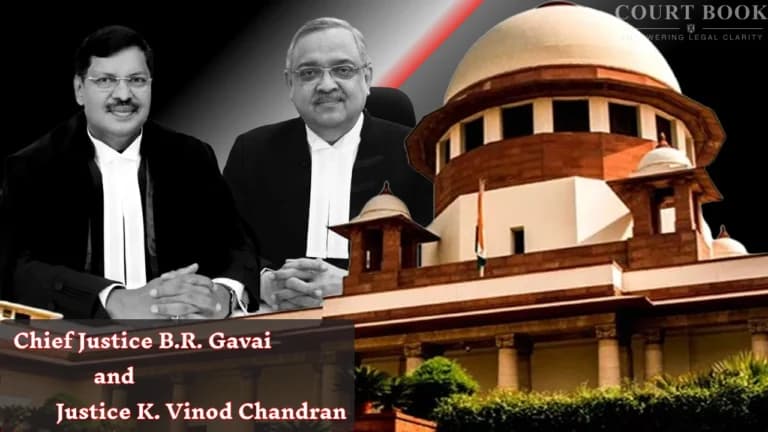In a detailed ruling on October 31, 2025, the Supreme Court of India declined to de-seal a commercial premises in New Rajinder Nagar Market, New Delhi, marking yet another chapter in the long-running M.C. Mehta vs Union of India case. The bench, led by Chief Justice B.R. Gavai and Justice K. Vinod Chandran, dismissed the plea of an individual applicant who claimed that his property-Shop No. 106-was originally intended for commercial use.
Background
The controversy dates back to the 1980s when the apex court began examining unauthorised land use and environmental degradation in Delhi under M.C. Mehta's public interest litigation. Over time, Delhi’s shopping and residential areas underwent massive changes, often violating the city’s master plans.
The applicant sought de-sealing of his premises, arguing that both his plot and the building were meant for full commercial activity. He relied on earlier orders of a Judicial Committee appointed by the Court, which had, in 2023, broadly permitted commercial use in parts of the New Rajinder Nagar Market.
However, the Municipal Corporation of Delhi (MCD) opposed the plea, asserting that only the ground floor was approved for commercial use. The upper floors, it said, were built for residential purposes and later converted without authorisation.
Court's Observations
During the hearing, the bench heard senior advocates Kailash Vasdev (for the applicant), S. Guru Krishna Kumar (Amicus Curiae), and Sanjib Sen (for MCD).
Chief Justice Gavai noted that the applicant had failed to produce any clear evidence showing that the upper floors were sanctioned for commercial purposes.
"The lease and subsequent freehold rights granted permit only the ground floor to be used commercially," the bench observed, adding that the applicant’s argument of long-standing commercial use could not override official records and sanctioned plans.
Read also:- Bombay High Court Allows Herbal Hookah in Restaurants, Directs Police to Act Only Under Tobacco Law
The Court also pointed out inconsistencies in the applicant’s claims. His own sale deed from 1989 described the property as a single-storied government-built shop. Moreover, the 2005 sanctioned plan submitted by the applicant himself clearly designated the upper floors for residential use, with kitchen and bedrooms shown in the layout.
The bench drew attention to the Master Plan for Delhi 2021 (MPD-2021), which categorised New Rajinder Nagar as a "shop-cum-residence Local Shopping Centre (LSC)". Under this plan, only the ground floor was for business, while upper floors could be used commercially only after paying conversion charges.
"The upper floors, though eligible for conversion, can happen only with payment of the conversion charges," the bench clarified. It also found that the applicant's constructed area exceeded the permitted Floor Area Ratio (FAR), attracting penalty and regularisation fees.
The Court reiterated that commercialisation of residential areas without due process undermines urban sustainability.
"When residential spaces are converted to commercial, infrastructure needs rise sharply-parking, traffic, and public utilities get stretched," the order observed.
Decision
The Supreme Court ultimately rejected the plea to de-seal the premises and refused permission to use the upper floors commercially.
However, showing some leniency, the bench directed the MCD to conduct a fresh inspection in the applicant’s presence. The civic body must then issue a detailed written order identifying non-compoundable constructions, specifying conversion and penalty charges applicable for excess FAR.
If the applicant complies by removing illegal portions and paying the necessary charges, he may later be allowed to undertake commercial activities on the upper floors as per the law.
"The applicant would be entitled to comply with the order passed, removing non-compoundable constructions and depositing the conversion charges as also the penalty charges," the Court said before disposing of the matter.
The decision underscores the Court’s firm stance against unregulated urban expansion while leaving a procedural window open for lawful regularisation.
Case Title: M.C. Mehta v. Union of India & Others
Case Type: Writ Petition (Civil) No. 4677 of 1985














